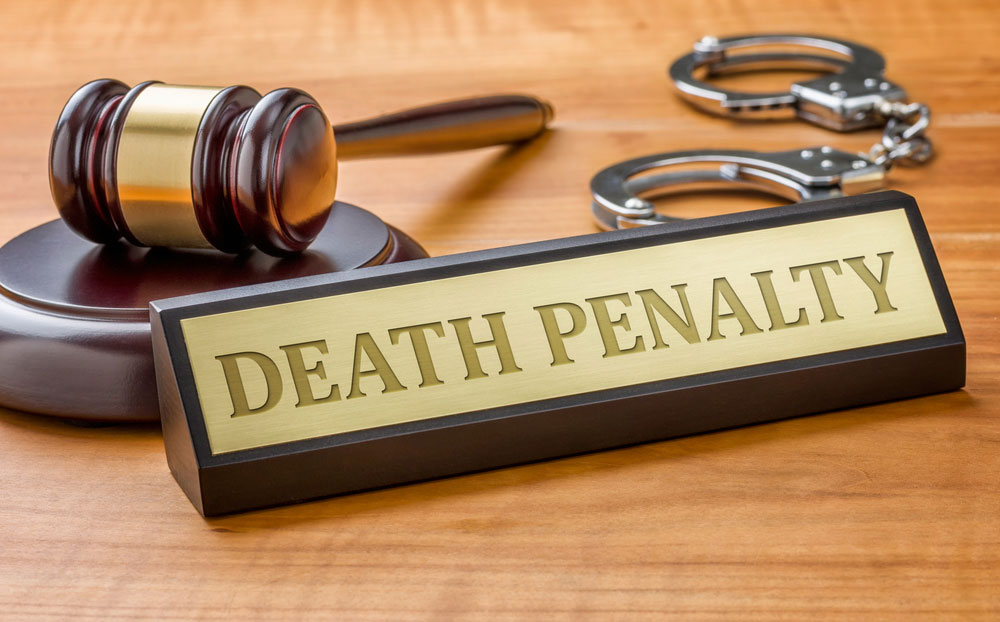As long as capital punishment exists, the administrative system should not appear either to hesitate or to lose interest once the prisoners have been placed on death row. Neither humanity nor the right to dignity can be denied to any convict. On July 29, the Bombay High Court commuted the death sentences of a driver and his companion convicted of raping and murdering a 22-year-old woman in Pune in 2007 to life imprisonment of 35 years including the years already spent behind bars. The high court said that unreasonable and inordinate delay in carrying out the sentence led to its decision. The Supreme Court has more than once pointed out that excessive delay in bureaucratic procedure, particularly decisions on mercy petitions and issuing of execution warrants, is a form of torture that violates Article 21 of the Constitution. In this case, there was a delay of 774 days, the prisoners’ petition to the high court said, after their mercy plea had been sent to the Maharashtra governor, and its accompanying papers were allegedly sent piecemeal. The callousness displayed by functionaries seems incurable: no arm of the State can be excused for unconstitutional behaviour. The judiciary sees these as grounds to commute death sentences.
The Bombay High Court’s decision seems to embrace the time spent in courts as well as bureaucratic delay. The two convicts have been in jail for seven years after being sentenced by the lower court: the upholding of the sentence by the high court and then the Supreme Court, too, took time. In 2016, a report on the death penalty by the National Law University, Delhi, found that death row prisoners whose mercy petitions have been rejected wait an average of 16 years and 9 months for execution. Additionally, they are segregated and put in solitary confinement, as in this case, in spite of the Supreme Court’s direction that solitary confinement should not be imposed until all constitutional remedies have been exhausted. The legislature and the administration need to make up their minds in coordination. If capital punishment is to be retained, then the system should be streamlined and shorn of loopholes for illegal torture. Or it can be dropped. Otherwise, commuting death sentences for the crimes of rape and murder gives off a very confusing message.












